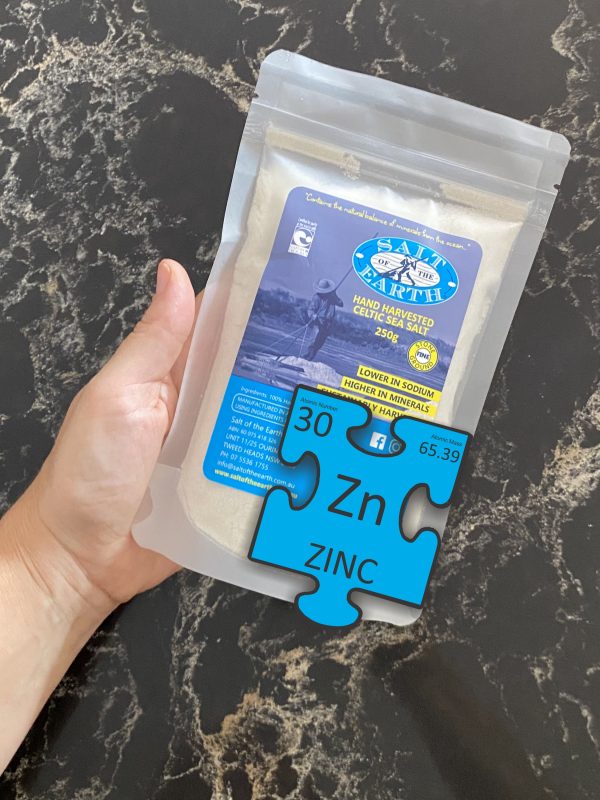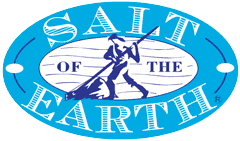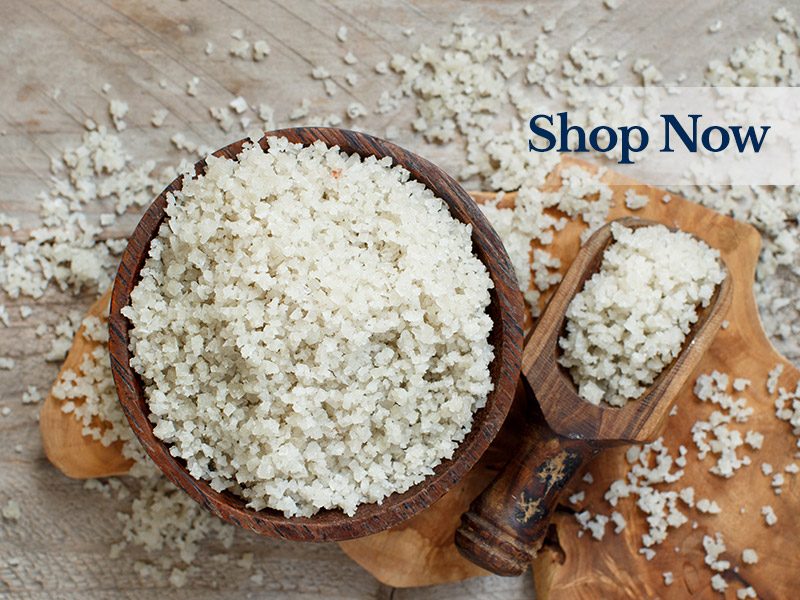Categories
Why our Bodies Need Zinc
 Zinc is a trace element and micronutrient. Essential micronutrients are vitamins and minerals that are required in small amounts by our bodies for optimal health. Our body cannot store zinc, so you need to consume enough every day to ensure you’re meeting your daily requirements.
Zinc is a trace element and micronutrient. Essential micronutrients are vitamins and minerals that are required in small amounts by our bodies for optimal health. Our body cannot store zinc, so you need to consume enough every day to ensure you’re meeting your daily requirements.
Zinc metabolizes nutrients, maintains your immune system as well as grows and repairs body tissues. Essential for wound healing, blood clotting, thyroid function, and the senses of taste and smell. Zinc also supports normal growth and development during pregnancy, childhood and adolescence.
Role of Zinc
Zinc helps the cells in our body to grow and divide, and is necessary for the activity of enzymes, proteins and DNA. It is mainly stored in our muscles and bones. Our body cannot produce zinc so it must be obtained from food.
The body needs zinc to fight off infection and assist our Immune System. If you do not have enough zinc in your body may be at greater risk of pneumonia and other infections.
Zinc supports the skin and assists in healing wounds. When our bodies are deficient in zinc, it can lead to skin changes that initially look like eczema. Zinc can also assist in the healing of leg ulcers.
Zinc is crucial for one of the enzymes needed to taste and smell.
Zinc can also assist in fighting off the common cold. Research shows that taking zinc lozenges or syrup can make cold symptoms less severe and last for less time, especially if you take them in the first 24 hours.
Some research has shown that zinc is important in preventing and slowing the progression of age-related macular degeneration.
Healthy people who don’t have enough zinc in their diet may experience hair loss, diarrhoea, impotence, eye and skin problems and loss of appetite.
Having enough zinc is especially important during pregnancy and for children to ensure they grow and develop properly.
What is the recommended dietary intake (RDI) of Zinc?
The amount of zinc you require each day depends on your age and stage of life:
0-6 months 2mg/day
7-12 Months 3mg/day
1-3 Years 3mg/day
4-8 Years 4mg/day
9-13 Years 6mg/day
14-18 Years 13mg/day (boys), 7mg/day (girls)
Adult Men 14mg/day
Adult Women 8mg/day
Pregnant Women 10-11mg/day
Breastfeeding Women 11-12mg/day
How do I know I’m getting enough zinc?
To best benefit from zinc without going overboard, focus on food sources. Unlike some nutrients that are more difficult to obtain from food alone, zinc is readily found in both animal and plant-based foods.
Top animal sources include
- oysters (which ranks as the number one source),
- beef,
- crab,
- lobster,
- pork,
- cheese,
- milk and
- yoghurt
Top plant sources include
- vegetarian baked beans,
- hemp seeds,
- pumpkin seeds,
- sesame seeds,
- cashews,
- Salt of the Earth’s Celtic Sea Salt,
- chickpeas,
- lentils,
- quinoa,
- oatmeal and
- zinc-fortified plant foods, such as cereal.
Legumes like chickpeas, lentils and beans all contain substantial amounts of zinc. However, they also contain phytates. These antinutrients inhibit the absorption of zinc and other minerals, meaning zinc from legumes isn’t as easily absorbed as the zinc from animal products. This can be minimised by modern food-processing methods such as soaking, heating, sprouting, fermenting and leavening.
If you’re concerned about not getting enough zinc from your regular diet due to dislikes or dietary restrictions, talk to your doctor or dietitian for guidance and whether zinc supplements might be appropriate for you. Zinc is one of the most important nutrients for optimal wellness, but striking the right balance is vital for reaping its benefits.
Signs of a Zinc Deficiency
- Unexplained weight loss
- Open sores or wounds that won’t heal
- Lack of alertness
- Decreased sense of smell & taste
- Loss of appetite
- Diarrhea
How much is too much?
Taking too much zinc can lead to nausea and vomiting, diarrhoea, abdominal cramps and headaches. It can also interfere with other nutrients you need such as copper and iron. You should not take more than 40mg of extra zinc a day, unless otherwise advised by your doctor.
Resources:
https://www.healthdirect.gov.au/foods-high-in-zinc
https://www.healthdirect.gov.au/foods-high-in-zinc
https://www.nrv.gov.au/nutrients/zinc,
https://www.jeanhailes.org.au/

